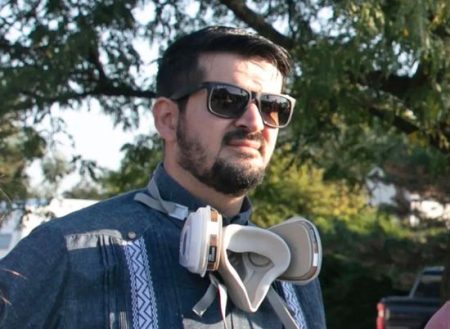Asa Yancey, M.D.
by Errington C. Thompson, MD
I first met Asa Yancey, MD, in 2000 or 2001 at the Society of Black Academic Surgeons. On the bus that would shuttle us to dinner, I had, by chance, sat next to this distinguished older gentleman.
We started talking. He was interested in who I was and where I had trained. He wanted to know about my research, and what I was publishing. He asked a lot of questions about me, but all I knew was his name. During our whole conversation, I was trying to place him, but by the time we reached our destination, I still didn’t know much about him. It was only after we got off the bus that it hit me.
Dr. Asa Yancey. Born in 1916. Valedictorian at Booker T. Washington High School in Atlanta, 1933. Graduate of Morehouse College, 1937. Medical school at the University of Michigan, class of 1941.
From there he went to train under legendary physician Dr. Charles Drew at Howard University’s Freedmen’s Hospital. He got further training at the VA hospital in Tuskegee Alabama and the Spaulding training program, which was affiliated with, but also separated from Grady Hospital in Atlanta.
Dr. Yancey’s seminal work was a paper he published on modification of the Swenson technique for congenital megacolon in infants. He published his work in 1952 in the Journal of the National Medical Association (the NMA was founded at a time when black physicians could not join the American Medical Association).
Twelve years later a Dr. Soave published the exact same technique in a mainstream medical journal, and in the half-century since then, pediatric surgeons worldwide have learned to perform the “Soave technique.” Only in the last decade or has Dr. Yancey earned long-deserved recognition and accolades for pioneering this technique.
Through perseverance and excellence Dr. Yancey became a full professor at Emory University in the Department of Surgery, and later he became Associate Dean. He became Medical Director of Grady Hospital. He eventually belonged to all the important surgical societies and was appointed to the prestigious Institute of Medicine.
I had several opportunities after that memorable bus ride to chat with Dr. Yancey. He was warm and kind, and thoughtful and brilliant.
Dr. Yancey passed on March 9, 2013. He is survived by children (Dr. Carolyn Yancey) and grandchildren, and by a powerful legacy of excellence to innumerable surgeons and physicians.







